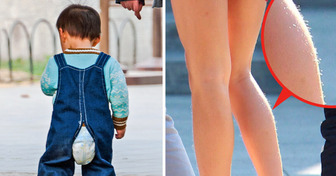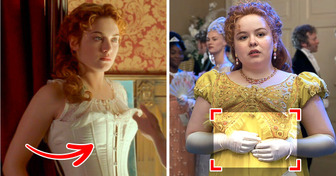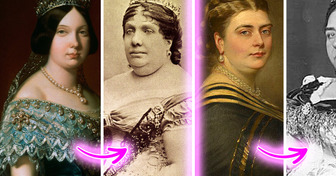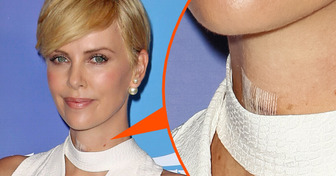Girl Undergoes Surgery to Reduce 22-Pound Breasts, Revealing the Harsh Reality of Gigantomastia

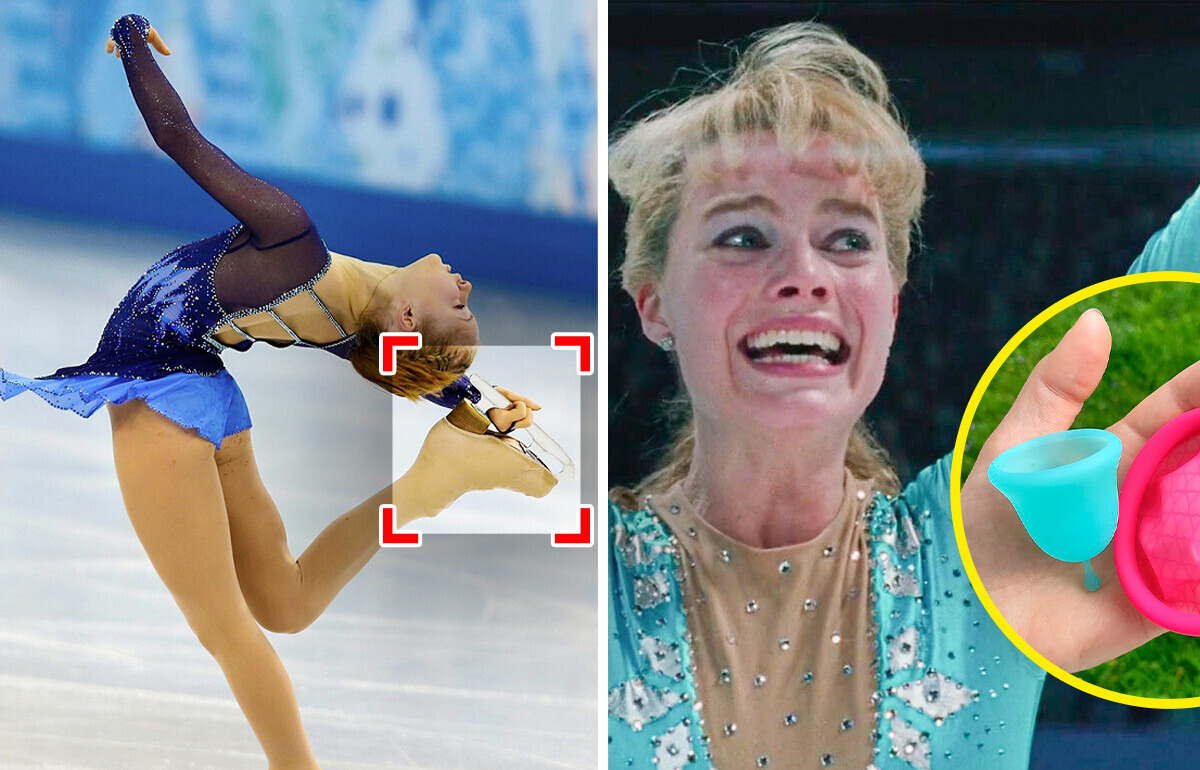
According to a December 2021 survey conducted in the United States, figure skating ranks as the most popular sport among Winter Olympic disciplines, with around 40% of respondents saying they follow it. Viewers are captivated by the athletes’ elegant costumes and graceful performances. But there’s more to figure skating than meets the eye — we’re ready to take you behind the scenes and reveal a world full of hidden rules, long-standing traditions, and intriguing details.
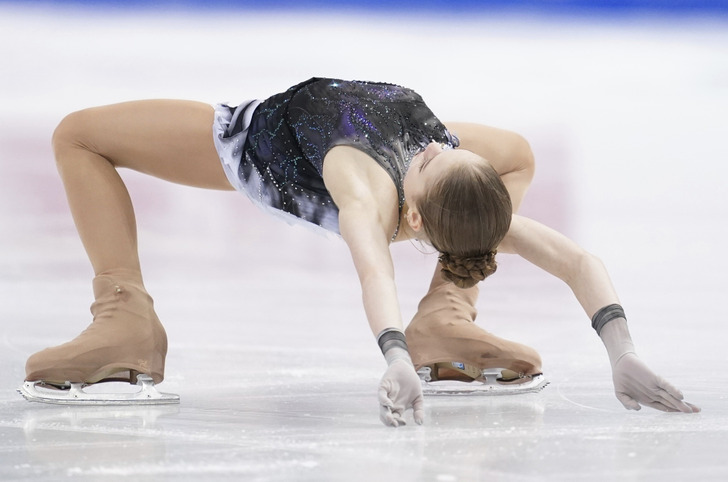
This accessory is often designed to match the costume and enhance the overall appearance, but gloves also serve a practical purpose: they protect skaters’ hands from cuts and injuries in case they fall or need to touch the ice.
Female athletes have long found themselves in a difficult position due to taking birth control pills with certain compositions, as some of these medications can distort doping test results to their disadvantage.
Subsequently, the ban on the use of contraceptive pills by figure skaters was lifted after it was proven that the banned substances norethindrone and nandrolone could be easily distinguished through careful analysis of doping test results.
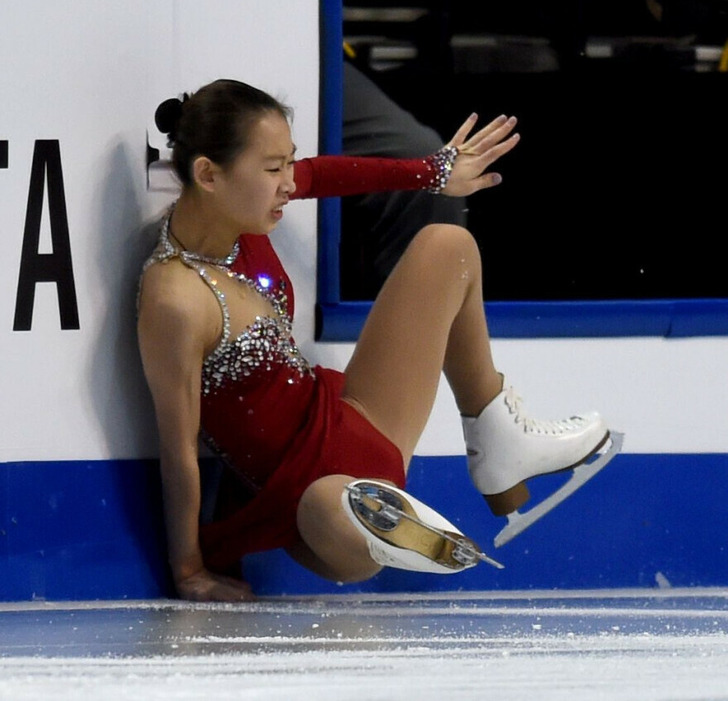
Figure skaters, both beginners and professionals, fall on ice a lot when they train. To protect themselves from injuries, they wear special equipment — helmets on their heads, and crash pads for the back and legs.
Figure skaters have their own dress code. Dresses and bodysuits should look modest and cover about 70% of the torso and body. Costumes must not touch the ice under any circumstances; otherwise, judges will remove points for performances. This is why figure skaters try to avoid the use of feathers and trimmings in their outfits. If a costume element falls on the ice, the participant will lose points. To prevent their dresses from riding up during routines, many female figure skaters apply hairspray to their costumes.
Female figure skaters have to train and compete regardless of when their period occurs. During menstruation, many of them use menstrual cups, which are considered safer and more reliable than tampons for athletes. For added protection, they may also wear daily pads. Even if staining occurs, they often continue performing as if nothing has happened.
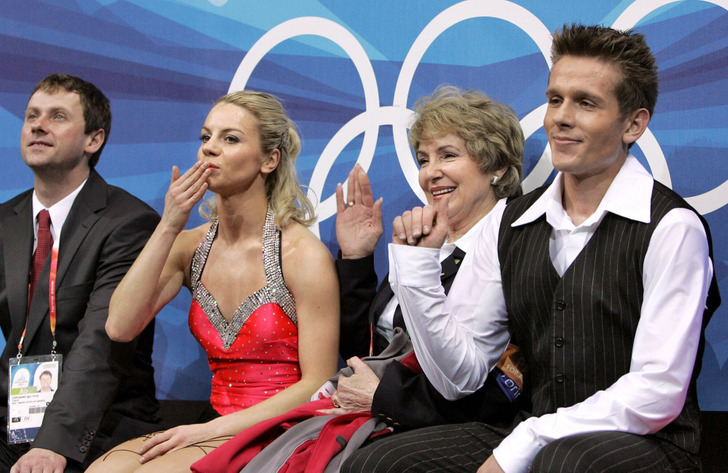
Like in any sport, figure skaters have their own slang. For example, the phrase “kiss and cry” refers to the area where skaters wait for their scores at figure skating competitions. Here, athletes learn about the scores they received for their performance. Due to the emotional reaction of athletes and coaches, which can include tears of joy or sadness and kisses, this bench is known as the “kiss and cry” area.
For the first time on the British show Dancing on Ice, a duo consisting of two male athletes went to the rink. Figure skater Matt Evers and actor/singer Ian H. Watkins performed to the song “High Hopes” by Panic! at the Disco. The performance instantly went viral and became the subject of lively discussions online.
Perhaps someday, same-sex skating will be included in the Olympic program. By the way, figure skaters have already supported this initiative. For example, American athlete Alysa Liu shared that she would be happy to skate with one of her rivals.
Figure skaters are professional athletes who train for hours every day. Even when they are on vacation or holidays, they find opportunities to put on skates, even if there is no skating rink nearby. Instead of natural ice, they use synthetic ice. Today, portable options can even be found on the market. The folding panels don’t take up much space, and due to their light weight, they are easy to transport.
Interestingly, the first artificial ice rinks were built in the 19th century. At that time, edible ingredients such as lard and salt were used to create the ice. The opening of such establishments was accompanied by great excitement. The opportunity to skate in warm weather seemed like the eighth wonder of the world.
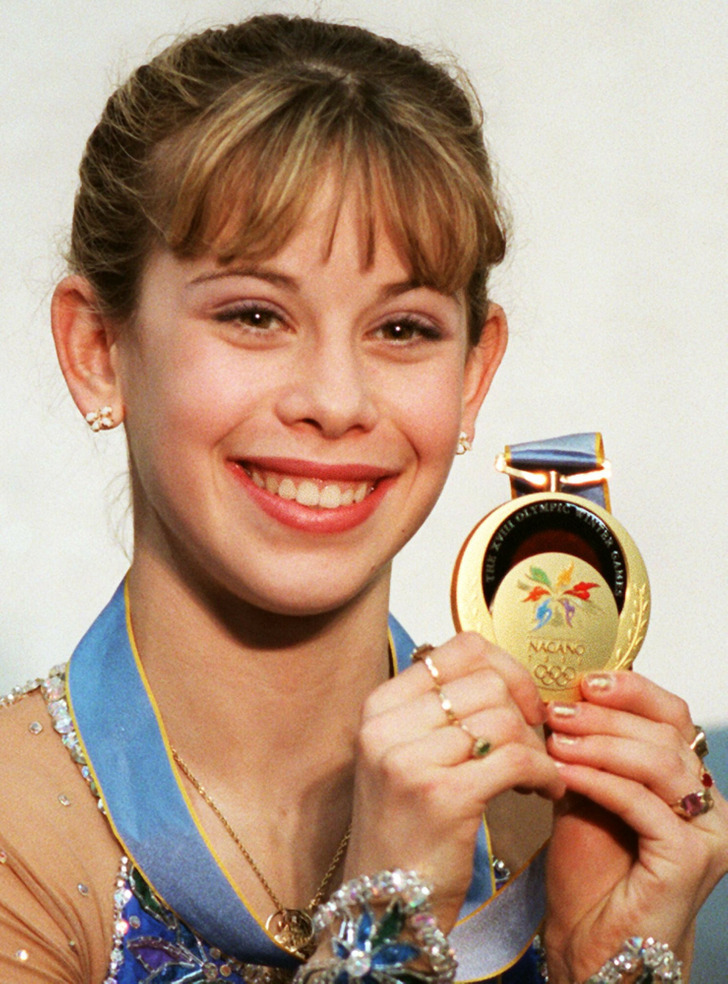
According to the latest rules of the Olympic Committee, only female figure skaters over the age of 17 are allowed to compete. Before this rule, the age limit was lower. This requirement even has a name: the “Lipinski Rule.” Tara Lipinski won the gold medal at the 1998 Winter Olympics in Nagano at the age of 15, becoming the youngest winner in history. After this, a rule was introduced that participants had to reach the age of 15 by July 1st of the year preceding the competition.
Today, Tara Lipinski works as a commentator for NBC Sports. The former figure skater reacted negatively to the new restrictions: “There young athletes will still be skating under this broken system, you just won’t see them til they are 17.”

Figure skaters are not allowed to showcase their bare torso on the ice rink. That’s why female skaters perform exclusively in dresses or overalls, while male skaters wear shirts and pants. To avoid having their top ride up during the dance and revealing their stomach to the judges, athletes wear special underwear that is attached to the shirt in a way that keeps it in place.
Figure skaters train with a special harness with the help of an assistant coach. During these sessions, athletes learn how to jump and perform their moves on the ice. The coach controls the speed, curve of the takeoff, and even the athlete’s body position and back alignment. The harness is either attached to special loops above the rink or held by the coach.
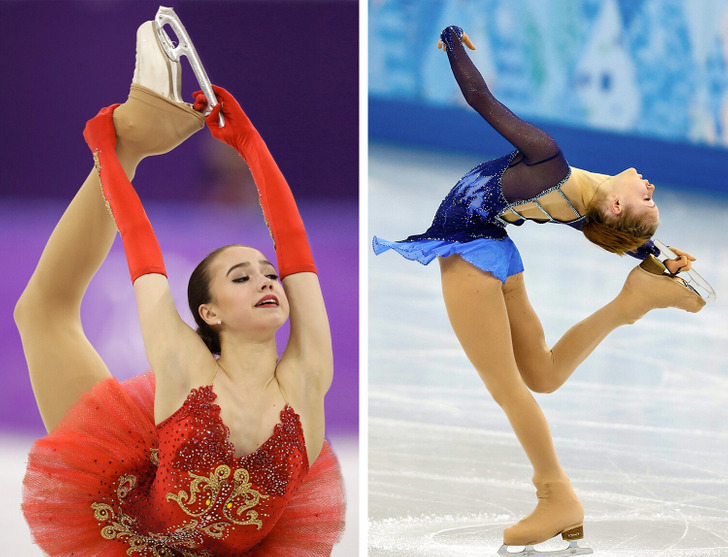
Many figure skating fans have likely noticed skaters wearing tights pulled over their skates. However, these aren’t regular tights — they’re made of elastic spandex and are typically worn this way by female skaters. There are several reasons behind this choice:
The primary reason is to protect the skates from wear and tear. Since most skaters aim to use just one pair of skates per season — and wearing them out too soon is far from ideal — these tights help maintain the skates’ clean, polished look or conceal signs of heavy use.
Another key reason is safety. Covering the skates with tights helps prevent the laces from coming undone during a performance. Although many skaters now use special tape to secure their laces, the tights offer an added layer of security.
Lastly, there’s an aesthetic advantage. Some skaters believe that the contrast between the skate and the leg can visually “cut” the line of the leg. Pulling tights over the skates creates a more seamless look, making the legs appear longer and the overall line more graceful.
Be sure to check out our other article, where we’ve uncovered fascinating secrets that prove artistic swimming is far more than just dancing in the water.

